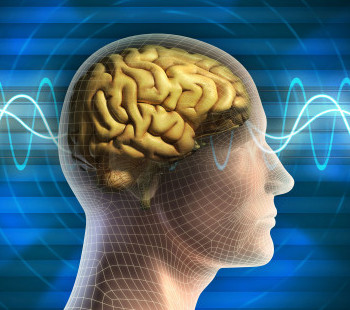When under anesthesia or in a coma, the brain goes through an unconscious state of mind. Have you ever thought about how the brain comes back to consciousness? Research shows that the brain turns on certain sections at a time rather than all at once.
The brain begins by turning on the prefrontal cortex first, allowing the brain to participate in abstract problem-solving capabilities. The prefrontal cortex is also responsible for memory and motor control, along with problem-solving skills. Other parts of the brain begin to turn on such as reaction times and attention spans, slowly following the prefrontal cortex. Since these sections turn on slower, some people may experience confusion and lack of attention on one topic upon waking.
Researchers were able to learn about how the brain turns on after the body is in an unconscious state, by utilizing electroencephalography (EEG) scans. They also performed cognitive tests on participants before and after they went under anesthesia for surgery. The tests focused on reaction speed and memory. After the brain was fully recovered, the participants were asked if their sleep was impacted, which concluded that it was not. Furthermore, the brain will take roughly three hours to fully recover after waking up from receiving anesthesia.
Although scientists still do not fully understand how anesthesia works, they understand that without it, many major surgeries would not be possible. This is the only way to turn off consciousness in the brain, other than involuntarily slipping into a coma. The brain is a mysterious, intricate organ that slowly will turn back on after regaining consciousness.

